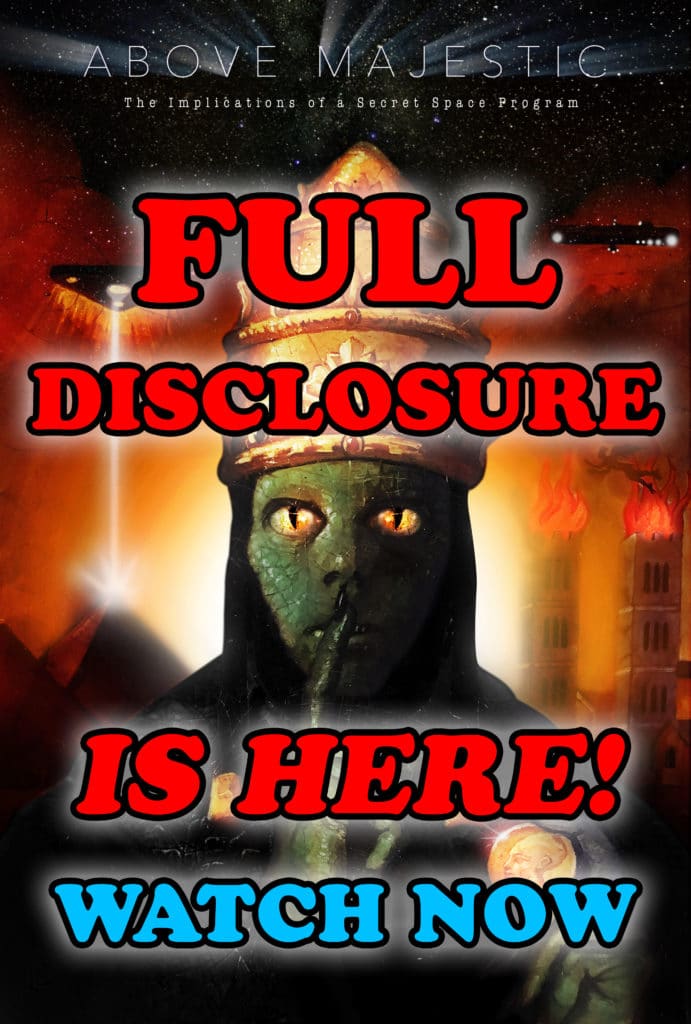(Andrew Whalen) It’s commonly accepted that of course extraterrestrial life doesn’t look like aliens do on Star Trek. Real aliens, wherever they are and whatever they may look like, certainly haven’t spent a few hours in a makeup chair to add brow ridges or threat ganglia. The possibility that aliens may be too strange to even recognize as intelligent life has been proposed as a possible response to the Fermi Paradox, which ponders why we haven’t yet encountered signs of extraterrestrial civilization.
Related Another NASA Astronaut Reveals Belief in Space Aliens
by Andrew Whalen, October 18th, 2018
But while it may be spectacularly unlikely that alien first contact will be with people who look like us (except with bowl cuts and pointy ears), a new book argues we shouldn’t be so quick to assume extraterrestrial life will be so far out of our biological frame of understanding. Alien life may be more Star Trek than Lovecraft.
The Equation of Life: How Physics Shapes Evolution by Charles Cockell, an astrobiologist at the University of Edinburgh, argues for the possibility of a “universal biology.”
“My view is underpinned by a simple proposition,” Cockell writes. “Evolution is just a tremendous and exciting interplay of physical principles encoded in genetic material. The limited number of these principles. The limited number of these principles, expressed in equations, means that the finale of this process is also restrained and universal.”
Buy Book Alien Abductions And Paranormal Sightings Real People Reveal Their Stories
Cockell argues that carbon and water aren’t just incidental to life on Earth, but are close to the optimum material and medium for the emergence of organic life (so no silicon-based Horta), themselves bound by the narrow physical parameters in which organic molecules can exist.
Extraterrestrials could look “eerily similar to the life we see on Earth,” Cockell told Forbes. “Life on Earth might be a template for life in the universe.”
Cockell believes the physical laws underlying evolution likely reverberate up through complex, multicellular organisms, essentially establishing a restricted scope of biological possibilities, many or most of which may already be expressed on Earth.
Buy Book Galactic Diplomacy: Getting to Yes with ET
Cockell even argues against some common depictions of extraterrestrials with high alienness, like the ever-popular “quixotic intelligent interstellar cloud,” which may work just fine for Rick and Morty and Futurama, but it’s unlikely to be a form that came about by evolutionary processes.
“The diffuse nature of the molecules and atoms in such clouds make it unlikely that such a form could forge a self-replication system that would evolve or be sustained over long time spans,” Cockell writes.
Buy Book The Complete Earth Chronicles (The Earth Chronicles) — by Zecharia Sitchin
We may not be any closer to a true understanding of extraterrestrial life, but The Equation of Lifeat least gives hope that future sci-fi series won’t have to retcon themselves to explain why all their aliens look like humans in makeup, as Star Trek: The Next Generation did in an episode introducing a common ancestor to humans, Vulcans, Romulans, Klingons and Cardassians. While Cockell’s suppositions are frustratingly untestable (at least until Zefram Cochrane builds a warp drive in 2063 and makes first contact with the Vulcans), his book gives surprising argumentative validity to our depictions of aliens as four-limbed humanoids with roughly similar sensory apparatus.
Watch Above Majestic
found on Exonews
Not sure how to make sense of this? Want to learn how to discern like a pro? Read this essential guide to discernment, analysis of claims, and understanding the truth in a world of deception: 4 Key Steps of Discernment – Advanced Truth-Seeking Tools
Stillness in the Storm Editor’s note: Did you find a spelling error or grammar mistake? Send an email to [email protected], with the error and suggested correction, along with the headline and url. Do you think this article needs an update? Or do you just have some feedback? Send us an email at [email protected]. Thank you for reading.
Source:



Leave a Reply